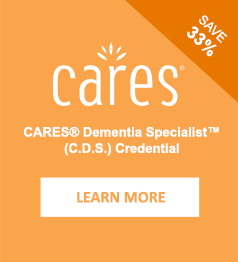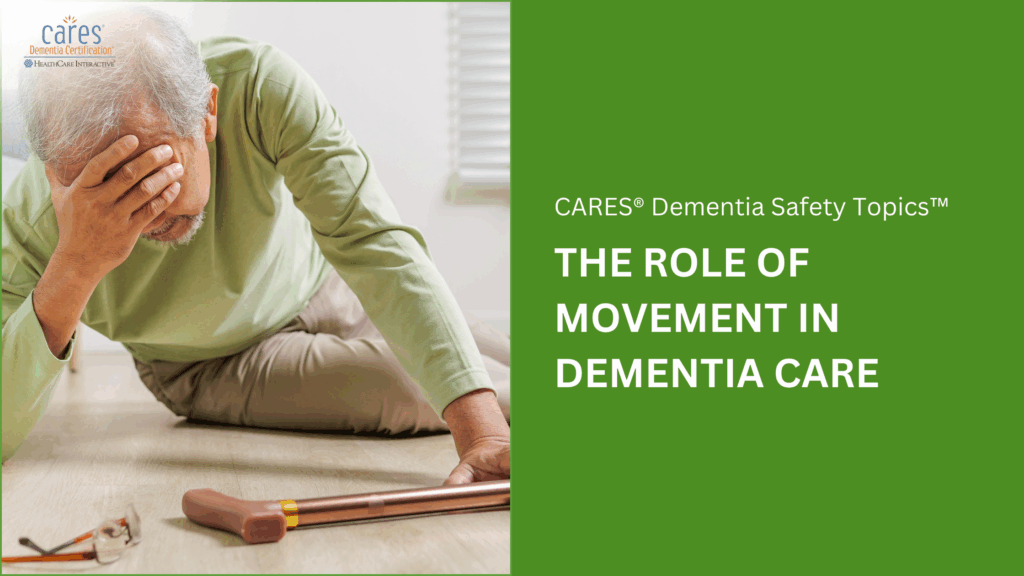We know that something as simple as walking can become a daily challenge for individuals living with dementia. While many of us take walking for granted, it’s actually a complex process that requires the brain, muscles, and nerves to work together in perfect coordination.
And it’s important to remember—walking is not something we’re born knowing how to do. It’s a learned skill that takes time, practice, and healthy brain function to master.
The Brain-Body Connection
Every step starts with a signal from the brain. This signal travels down the spinal cord, through the hips, and into the leg muscles. As the leg moves, messages return to the brain confirming the action. Then, the brain sends the next signal to keep the body moving forward.
This continuous, two-way communication is what makes walking seem so effortless—until something disrupts it.
Movement Goes Beyond Just Walking
The same system that helps us walk also allows us to sit, turn, or safely move from a bed to a chair. The brain must constantly interpret signals from across the body to maintain posture and balance. It needs to know where the body is in space and where it’s trying to go.
When the System Fails
In people living with dementia, this communication system can be impaired. The brain may struggle to process signals correctly or respond quickly enough. As caregivers, we often see the effects: unsteady movements, loss of coordination, hesitation, and falls.
These aren’t just physical risks—they can also reduce confidence and independence, increasing fear of movement and the likelihood of future falls.
Supporting Safe Mobility with Person-Centered Care
Our approach to dementia care includes a deep understanding of how the brain and body work together. We use person-centered care principles, including the CARES® Approach, to ensure every resident receives thoughtful, supportive assistance that encourages safe movement and preserves dignity.
By recognizing the challenges behind every step, we help our residents move with greater confidence—and help families feel reassured that their loved ones are in good hands.
Older adults with dementia face a higher risk of falls—but you can help prevent them. Learn how to identify hazards, respond quickly, and create a safer environment with the CARES® Approach.
Get started today with 10% OFF any training or certification program. Use promo code BeautifulAugust at checkout before Aug 31, 2025.

